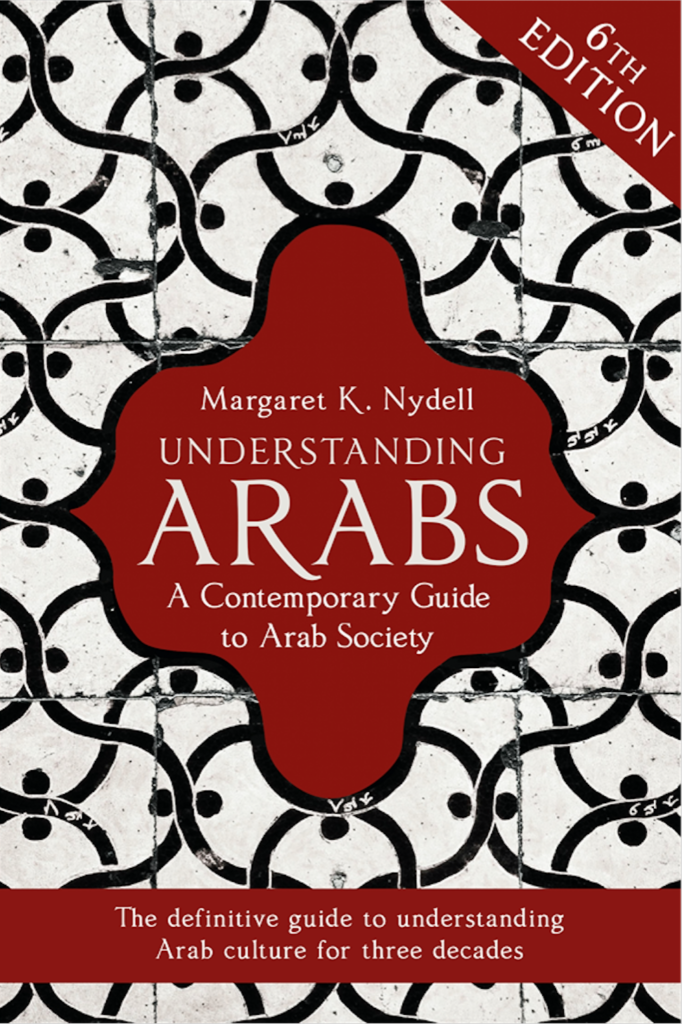Challenging assumptions
One of the aims of this book is to challenge assumptions that we may have, particularly as western readers. This is reflected most strongly in chapters on Islamic Fundamentalism, Anti-Americanism, and Arabs and Muslims in the West, but is a running theme throughout. Nydell quotes regularly from Arab world sources, as well as including tables of statistics and survey results to show the attitudes of Arabs themselves: often giving a perspective that we may not have considered. Her tone is sympathetic and generous, not critical or cynical.
One of the downsides of this approach is that some sections can appear less balanced or nuanced, especially in the treatment of social attitudes and religion. There are, for example, some comparisons between Islam and Christianity that felt unnecessary or even contentious. Overall however, this was a useful counterbalance to some of the pervasive negative western perceptions of the Arab world.
A good starting point
Any reflection on culture is naturally going to involve many generalisations and we should always aim to treat people as individuals – with their own opinions, values and beliefs. Despite this, if you would like to gain a better understanding of why people of the Arab world think and act the way they do, this is a good place to start. May it be a springboard to deeper friendships and more fruitful conversations.
For more book reviews, see our mission resources page.





